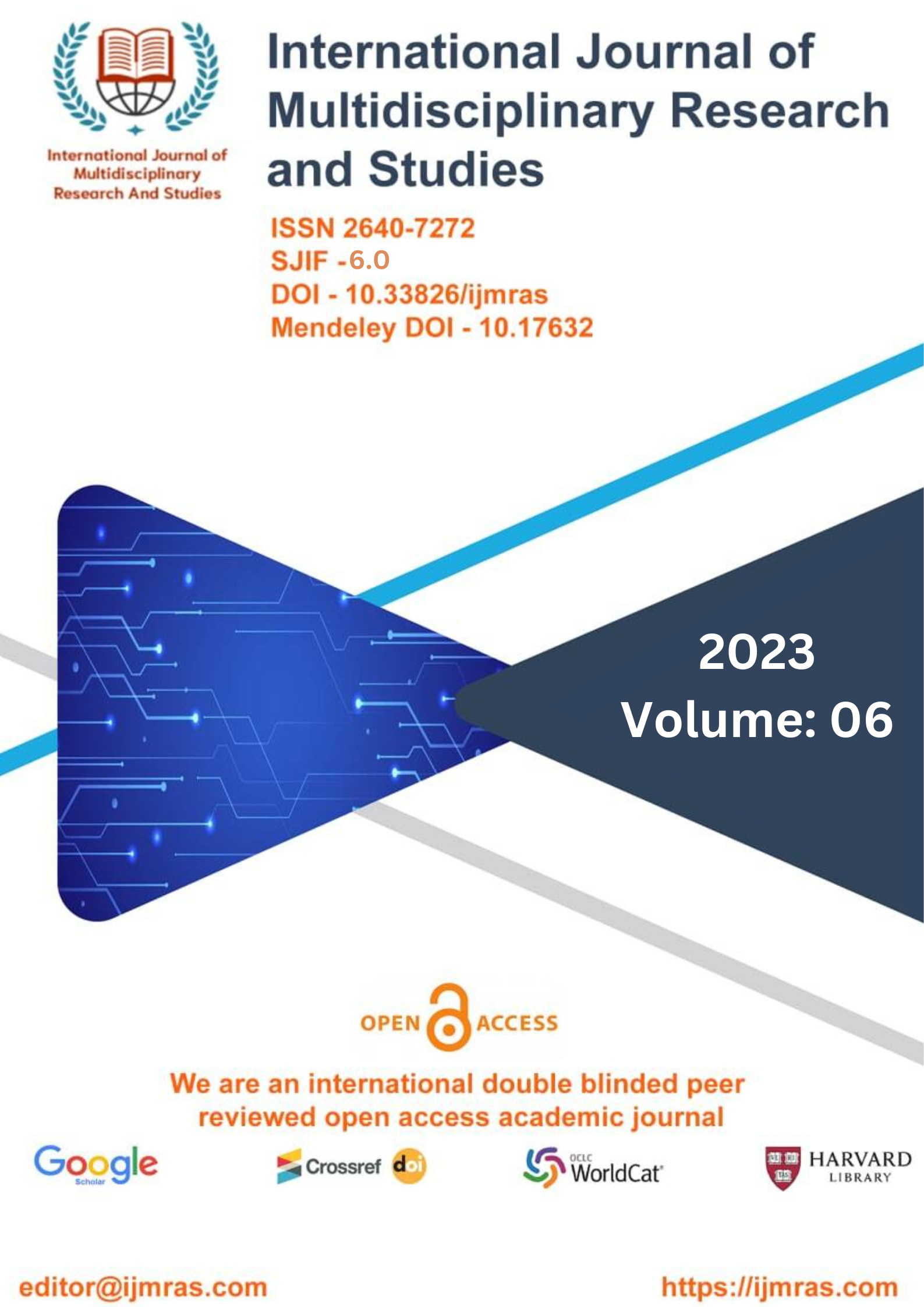Etnometodologi study: Revealing Establishment and treatment of “indan” in Toraja culture

Abstract
This study aims to determine the formation and treatment of Indian Toraja culture. This research is qualitative using an ethnomethodological approach. Data collection techniques were carried out by observation, interviews and documentation techniques. The ethnomethodological data analysis techniques used in this study are indexicality analysis, reflexivity analysis, contextual action analysis, and the presentation of common sense knowledge about social structure. The results of the study show that in the implementation of Toraja traditional ceremonies, there is a practice of debt and credit, where the gifts given arise from conscience and self-awareness to help each other to strengthen and strengthen kinship ties. There is no prior agreement, but gifts are given solely because of a family relationship and trust, there is no repayment period, and there are no benefits that follow. This is very contradictory to conventional debt practices, where it is illustrated that the practice of social debt at Toraja traditional ceremonies is full of more values of justice, compared to conventional debt practices
Keywords
Culture, Social Debt, IndanHow to Cite
References
Ari Kamayanti. (2016). MetodologiPenelitianKualitatifAkuntansi, Yayasan RumahPeneleh, Jakarta Selatan.
Afriani, L. 2021. Tradisi Utang Piutang Dalam Ritual Adat Rambu Solo’ Pada Masyarakat Muslim Toraja Makale Dalam Prespektif Hukum Islam. Repository.iainpalopo.ac.id
Kamayanti, A. 2016. Metodologi Penelitian Kualitatif Akuntansi: Pengantar Religiositas Keilmuan. Jakarta Selatan: Yayasan Rumah Peneleh.
Kieso, D.E., Wedgandt, J.J,. & Warfield, T. D. 20. Intermediate Accounting, (Jilid 1) Edisi ke-12. Diterjemahkan oleh Emil Salim. Jakarta: Erlangga
Sampe, N. 2020. Rekonstruksi Paradigma Ekonomis Budaya Rambu Solo’ di Toraja Utara. Volume 3, No 1, Juni 2020; (26-43) Jurnal Teologi dan Pendidikan Kristen Kontekstual
Sekaran, U dan Bougie, R. 2017. Metode Penelitian untuk Bisnis (Edisi 6 Buku 1). Salemba Empat
Sekaran, U dan Bougie, R. 2017. Metode Penelitian untuk Bisnis (Edisi 6 Buku 2). Salemba Empat
Sheren R, Lintje, dan Jessy. 2017. Analisis Potensi Retribusi Rumah Potong Hewan Pada Upacara Rambu Solo’ Dan Rambu Tuka’ Di Kabupaten Toraja Utara. Jurnal Riset Akuntansi Going Concern 12(2), 2017, 733-741
Sumule, N, S. 2021. Hubungan Antara Dukungan Keluarga Dengan Resiliensi Dalam Menghadapi Indan (Utang Piutang) Pada Masyarakat Toraja. Volume 6 No 2 Maret
Sutrisna, A. 2021. Upacara Adat Rambu Solo Suku Tana Toraja: Perspekti Akuntansi Syariah (Kajian Al-Qur’an Surat Al-Baqarah 282). E-ISSN: 2579-5031, ISSN: 2302-741X ISAS Publishing
Syarifuddin dan Ayu D, R. 2015. Story of Bride Price: Sebuah Kritik Atas Fenomena Uang Panaik Suku Makassar. Jurnal Akuntansi Multiparadigma, Volume 6, Nomor 3
Totanan. 2014. Utang-Piutang Non Kontraktual Dalam Budaya Rambu Solo’ (Studi Fenomenologi Pada Masyarakat Toraja). Repository.ub.ac.id
Tumirin, A. 2015. Makna Biaya Dalam Upacara Rambu Solo. Jurnal Akuntansi Multiparadigma, Volume 6 Nomor 2 e-ISSN 2089-5879
License
Copyright (c) 2023 IRENE LOLONGAN, YOHANIS RURA , DARWIS SAID

This work is licensed under a Creative Commons Attribution 4.0 International License.
Individual articles are published Open Access under the Creative Commons Licence: CC-BY 4.0.




